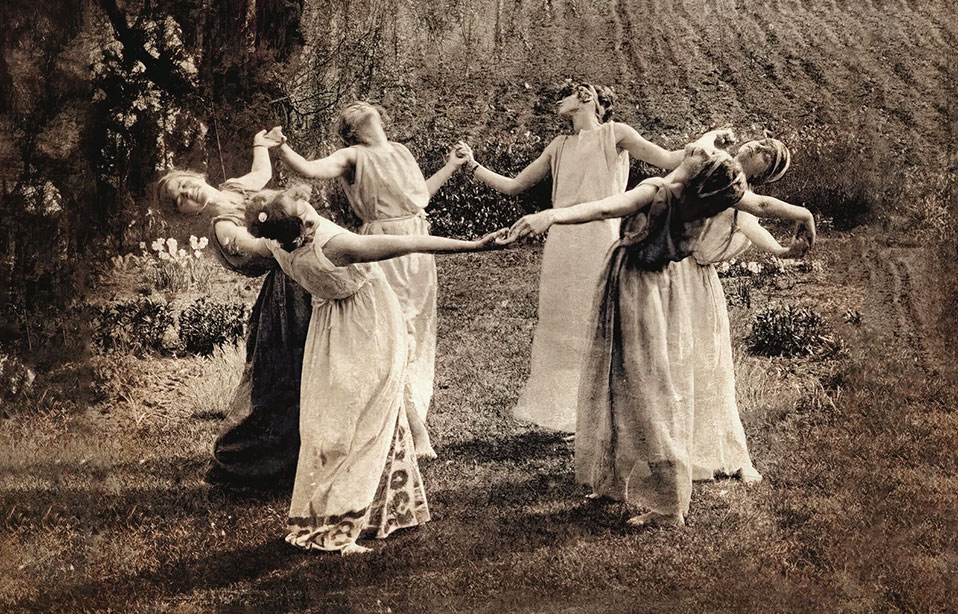I recently discovered an ancestral link to the witches of Salem. This link was NEVER spoken of growing up in my ultra conservative, extremely religious, mormonism family. Not even as a warning; a tell tale sign of what NOT to become. No, instead they would rather glorify their pioneer ancestors who had multiple wives and followed the word of god–as if.
My whole life, I have been enthralled by the tales of witches. The horror & the extremism of how these women were labeled as witches and then eradicated, simply for being women.
It always shook me to my core, and in many ways, along with my upbringing, it served as another reason to not let my own voice be heard. Even now, at the ripe age of 48 the most I’ve publicly said about my inclinations toward witchcraft is – that I’m “quite witchy”.
Hey, I’m getting there…
I have always felt a kindred connection to the ‘witches’ of Salem. Imagine my shock when I discovered their blood line running through my veins.
My 12th great-grandfather, John Wilde, took a new wife after his first wife, Patricia Gould, died. But according to Patricia’s family, it was too soon for John to remarry and because of factors of inheritance, judged his second wife, Sarah Wilde, very harshly. Sarah was one of the first women of Salem, accused of witchcraft.
– Her accusers, none other than my grandfather’s estranged family, The Goulds, saw to it that Sarah along with John’s daughter, Phoebe Wilde were thrown into jail on suspicion of witchcraft.

The Salem Witch Trials of 1692 unfolded in a whirlwind of chaos and fear, a dark chapter in history that continues to captivate our imaginations. July 19th, 1692 marks the day of execution of five individuals who were tragically found guilty of witchcraft.
Among them were Rebecca Nurse, Susanna Martin, Sarah Good, Elizabeth Howe, and my ancestor, Sarah Wilde. On that fateful day, these courageous and innocent women faced the gallows, their lives cut short by a frenzy of suspicion.
Yet, as countless historians have noted, the motives behind these accusations often stemmed from deeper issues like political strife and land disputes, revealing that the witch hunt was about much more than just the fear of witches.
During the Salem Witch Trials of 1692, more than 200 men, women & children were accused of practicing witchcraft. Twenty of those people were executed, most by hanging. One man was pressed to death under heavy stones, & five prisoners died in jail. John’s daughter, Pheobe Wilde, was eventually released from jail without trial. All the accused were pardoned by the end of 1693. The Wilde family was offered £14 in reparations for Sarah’s death.
Honoring the Accused of 1692
YOU SAY WITCH LIKE IT'S A BAD THING...
DEAR UNIVERSE
May the energy of the new moon
manifest the abundance & miracles
I have been asking for. I am ready.



0 Comments